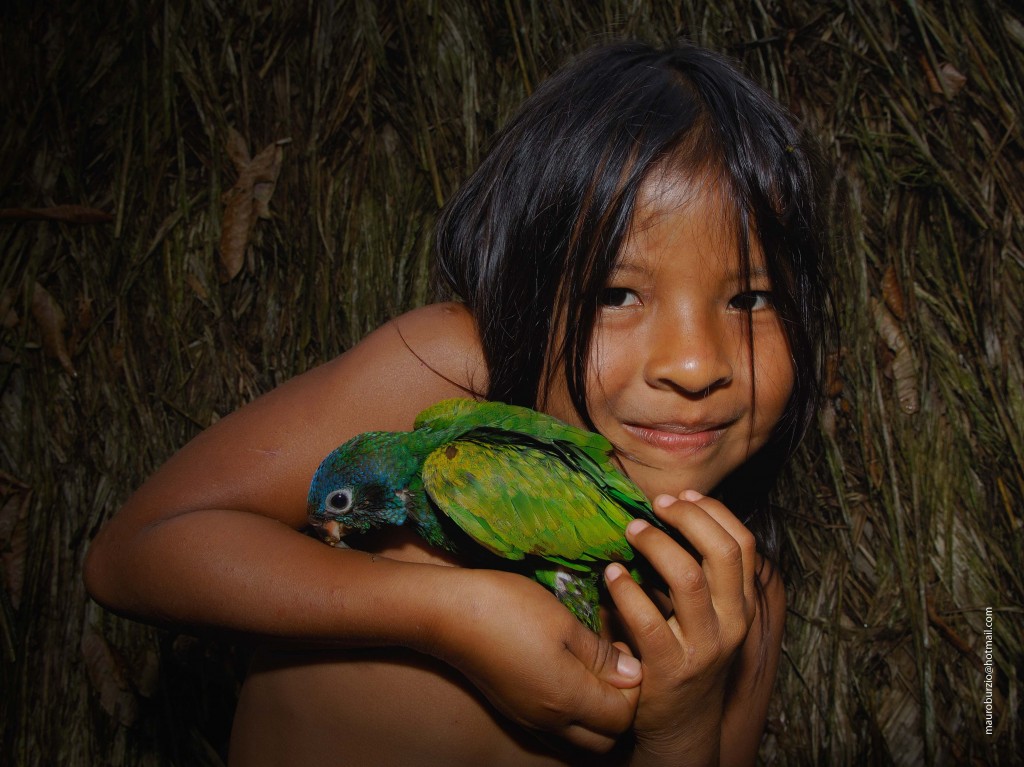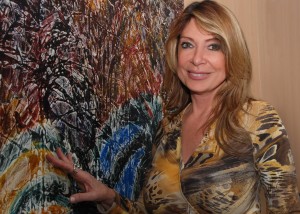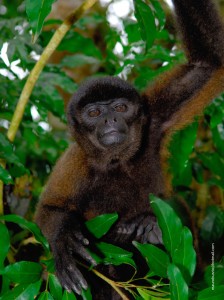
In 2007 President Rafael Correa of Ecuador proposed a bold plan to keep oil extraction and development out of the Ishpingo-Tambococha-Tuputini (ITT) oil field, which lies within Ecuador’s pristine Yasuní National Park. The oil field’s 846 million barrels comprise 20% of the country’s existing reserves. As compensation, Correa asked the international community for 50% of the reserve’s value—about US$3.6 billion—over the next 13 years.
The proposal provokes the international community to back up conservationist rhetoric with direct funding for protection, instead of depending on market-based solutions like REDD and Kyoto. Funds would be directed toward uniting climate change mitigation with social development, preserving biodiversity, protecting local indigenous cultures, and renewable energy development.
Potential donors include private individuals, corporations, and nations, and contributions will be managed by a multi-donor trust fund within the UN Development Program. Ivonne Baki, Secretary of State for the Yasuní-ITT Initiative, is an artist and long-time politician and activist. She is the former Ecuadoran Ambassador to the US, and in 2009 she was named Goodwill Ambassador by UNESCO. She has spent much of the last year traveling the world advocating for the the Yasuní-ITT Initiative. She spoke with Sage Magazine’s Stephanie Stefanski on a recent visit to New Haven.
Sage: On the Yasuní-ITT website, you are described as an artist, painter, diplomat, peace negotiator, humanist, and politician. How did this varied background lead you to where you are today? Also, can you talk about being a woman in the field of environmental protection?

Dr. Baki: I think it is an obligation to have more women in this arena. We are in the 21st century, we have more wars than before, we have terrorism, we have economic problems, and we have natural disasters. The children we bring into this world are suffering. That is why I believe the role of women is more important than ever. This doesn’t mean we don’t work together with men – we all need to work together.
I was born in Ecuador to parents of Lebanese origin. I went to visit my mother’s family in Lebanon, and then the war started. I married very young and had children, and my children didn’t see anything except bombs, their music to go to sleep to was the bombs.
In Lebanon at that time it was difficult for a woman to be outspoken in the political arena. For me art was always a way of expressing what I felt, what I could not say in words. I usually painted women as a symbol for peace.
I was invited to do exhibits around the world. I was invited to Harvard to be the artist-in-residence. That’s where I created the Art for Peace Foundation. Then I started focusing on global problems, like the border conflict between Ecuador and Peru, and the conflict between Palestine and Israel. The foundation invited artists and politicians to speak about their collective role in solving problems.
Then I joined a negotiations team with Professor Roger Fisher from Harvard University, and I completed my Master’s at the Kennedy School. I saw that while art was important, it didn’t enable you to implement policy. In order to make a difference, to be taken more seriously, I needed to be in the political arena.
When we negotiated peace between Ecuador and Peru, I was the only woman at the negotiating table. I was soon appointed ambassador to the United States. At that time in Washington there were so few women.
Women have the ability to understand the issues in different ways than men. They are better equipped to see the interests of both sides. Usually, men see their own position and move very little. A woman tries to find the way to compromise—maybe you have to give up a little, but everyone wins.
Peace is not just about non-violence. It’s not just about stopping wars. It’s about inclusion. People want to be accepted in society as human beings no matter where they are from or what religion they are from or what color they are. People want a good job; they want to have esteem and be accepted.
Environmental protection also has to do with peace. Peace with nature. The earth has given us so much, and we are abusing it. That is why I feel so close and so passionate about this initiative. The Yasuní is a gift for humanity. We have to protect it.
Sage: You also helped start the Galapagos Conservancy Foundation. How did that project influence your work with the Yasuní-ITT initiative?
Dr. Baki: I was in Washington D.C. right after the oil spill in the Galapagos [in the year 2000]—an oil spill in one of the treasures of the world. We almost lost the islands. I got phone calls from all over the world asking what can people could do to save the islands.
In response we created the Galapagos Conservancy Foundation. We thought of ways to protect the endangered wildlife, like sharks and sea cucumbers, which are bought and sold in Hong Kong, China, the United States. People have to know that when you fin a shark, it’s not just the shark that is lost; it is the whole ecosystem.
Sage: I used to live in New Orleans, which struggled after a massive oil spill in the Gulf of Mexico. The spill generated a lot of distrust between local people and the government that wasn’t necessarily there before. How do the indigenous people in Yasuní reserve view the Yasuní-ITT initiative?
Dr. Baki: They are amazing and wise people. They know everything about their land, and they want to protect it. The Kichwa community has made an “eco lodge” in the middle of the Yasuní. The men work in the lodge with tourists while the women make artisanal products from the trees.
Part of this fund goes towards social development, sustainable development, and the generation of jobs. The communities haven’t changed their culture or ways of life, but they have been educated in a different way. You can see changes in their self-esteem, their motivation. The children are in a different situation; the men see the women differently. Everything has been wonderful; it is an example to other communities following the same steps.
Sage: What have been the greatest challenges in gaining support for the Yasuní-ITT initiative?
Dr. Baki: The number one difficulty is to sell something that is so new. Its focus on prevention is so different. If you have a headache, you might take an aspirin, but that just treats the symptoms. What if the headache comes back? Maybe it’s the result of breathing in a place that is polluted. Maybe it’s allergies. You have to go to the cause.

According to Nicholas Stern, the Nobel Prize Winner of Economics, the price of not doing something to prevent what’s going on far exceeds the cost of the economic crisis. Prevention will cost around two or three percent of world GDP. In a few years, if we don’t act, the cost may be as high as twenty-five percent of world GDP.
Mitigation is good, remediation is good, but what about places like the Yasuní that have not yet been damaged? Don’t you think it’s high time that we protect places like that? The easiest choice for Ecuador is to take the oil. Ecuador would make a lot of money and continue its practices in the Amazon: extracting oil, destroying the environment, creating corruption. The indigenous communities are not happy with what’s happening; and they are losing their identity.
We need funds because Ecuador is a developing country that still depends on oil as its primary source of income. We wish we could move to alternative energy, but it will take at least 13 years to do so. We need to act now.
Sage: What countries have been supportive of this initiative?
Dr. Baki: The United States is the second largest supporter of the initiative in terms of civil society. The first is the United Kingdom. Last year, an article in the Guardian inspired a lot of support, including one anonymous donation of 50,000 British pounds.
Most of our support comes from European countries—Italy, Spain, Germany, the region of Velonia in Brussels, a group called Viva Yasuní from regions of France, Luxembourg, and Liechtenstein. We have help from Turkey and Australia, from NGOs and foundations in Russia, and from companies in Japan and South Korea. In Latin America, we have Chile, Colombia, and Peru.
The most important for me is civil society and students using social networks to build support. If we don’t do something now, it will soon be too late. Especially for you, the younger generation, and for future generations.